Sense and Nonsense in Australian History
Black Inc., $34.95 pb, 325 pp
The throwback
John Hirst is a throwback. I don’t mean in his political views, but in his sense of his duty as an historian. He belongs to a tradition which, in this country, goes back to the 1870s and 1880s, when the Australian colonies began to feel the influence of German ideas about the right relationship between the humanities and the state. Today it is a tradition increasingly hard to maintain. Under this rubric, both historians and public servants are meant to offer critical and constructive argument about present events and the destiny of the nation. Henry Parkes was an historian of sorts, and he was happy to spend government money on the underpinnings of historical scholarship in Australia. The Historical Records of New South Wales was one obvious result, and that effort, in itself, involved close cooperation between bureaucrats and scholars. Alfred Deakin was likewise a man of considerable scholarship (and more sophisticated than Parkes), whose reading shaped his ideas about national destiny, and who nourished a similar outlook at the bureaucratic level.
It is a great and powerful tradition. A generation later, that great Australian historian Keith Hancock clearly thought of his historical work as a form of public service. He always wrote as if he knew that his words, including trenchant criticism, would help to shape national policy – that they would be useful to men and women in power. In the 1940s and 1950s he helped to found the Australian National University as an intellectual powerhouse tied to government. ‘Nugget’ Coombs might stand as an equivalent public servant – far-seeing and hard-hitting, and valued by both sides of politics. Especially during those two great periods of nation-building, the late nineteenth century and the decades following World War II, historians and public servants had considerable respect for each other’s work, acknowledging similar responsibilities. But now, at a time when the word ‘nation’ is on everybody’s lips – national identity, national maturity, national medal tally – intelligent thought about the nation is much more lightly valued. Historians are abused for writing critically about the Australian past, and public servants don’t even pretend to large-minded independent thought.
Continue reading for only $10 per month. Subscribe and gain full access to Australian Book Review. Already a subscriber? Sign in. If you need assistance, feel free to contact us.



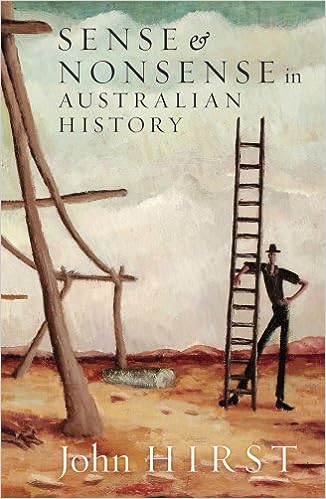




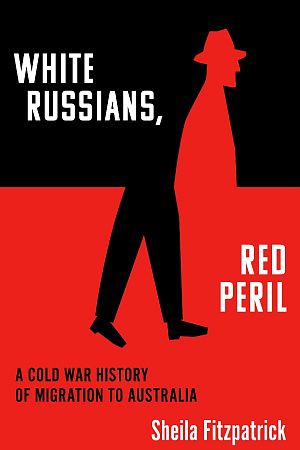
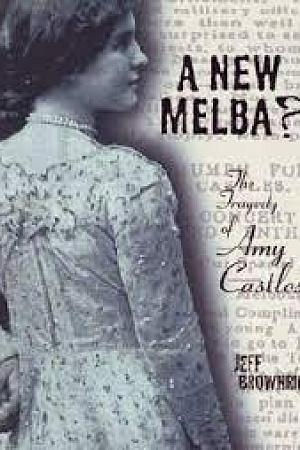
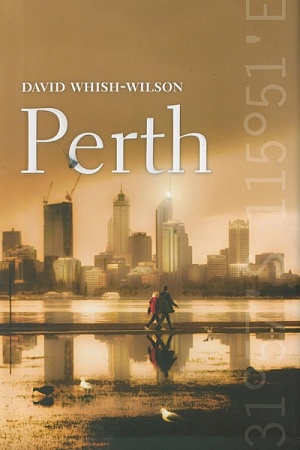
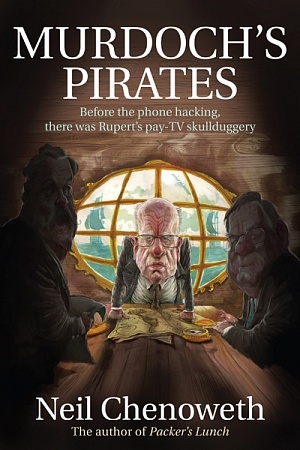
Leave a comment
If you are an ABR subscriber, you will need to sign in to post a comment.
If you have forgotten your sign in details, or if you receive an error message when trying to submit your comment, please email your comment (and the name of the article to which it relates) to ABR Comments. We will review your comment and, subject to approval, we will post it under your name.
Please note that all comments must be approved by ABR and comply with our Terms & Conditions.